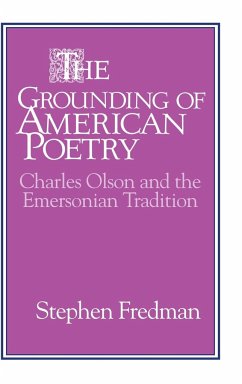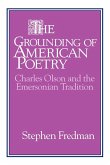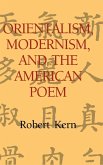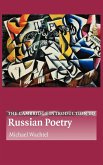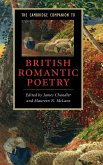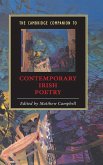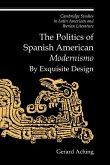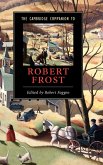Stephen Fredman asserts in his latest work that American poetry is groundless - that each generation of American poets faces the problem of identity anew and must discover for itself fresh meaning. His argument focuses on four pairs of poets - Eliot/Williams, Thoreau/Olson, Emerson/Duncan, and Whitman/Creeley - and points out that although Williams, Olson, Duncan, and Creeley are all influenced by these predecessors to some extent, ultimately their poetry is, paradoxically, grounded in an essential groundlessness. In order to demonstrate how approaches to groundlessness have persisted over time, Fredman explores the various measures taken by these American poets to provide a provisional ground upon which to construct their poetry: inventing idiosyncratic traditions, forming poetic communities, engaging in polemical prose, assessing all the dimensions of particular places, and treating words as emblematic and mysterious objects. At the very core of the book stands Charles Olson, whose work so dramatically articulates the whole range of issues arising from the American poet's anxious search for, and resistance to, an authentic and unified tradition.
Hinweis: Dieser Artikel kann nur an eine deutsche Lieferadresse ausgeliefert werden.
Hinweis: Dieser Artikel kann nur an eine deutsche Lieferadresse ausgeliefert werden.

